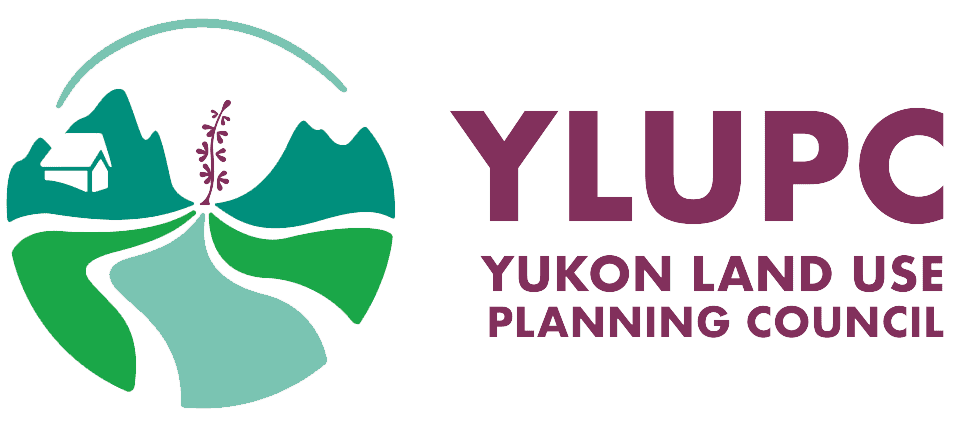Folder Discussion Papers
Working papers prepared by the YLUPC Secretariat or third parties that provide the context for land use planning in Yukon, guidelines for consensus based decision-making and other useful information about the preparation of a regional land use plan.
Folder Common Land Use Planning Process Review 2014-2018 (25)
Since late 2014, we have been focussing much of our effort on reviewing the Common Land Use Planning Process (CLUPP) in an effort to make future planning projects more efficient and successful. Over time, we will be adding discussion on papers that support this review here. Also supporting this review, we hosted a workshop in 2014 and a large conference in 2016.
Folder North Yukon Disturbance Tracking (5)
The North Yukon Regional Land Use Plan recommended that two cumulative effects indicators, surface disturbance and linear disturbance, be tracked and ideally kept below levels specified for each geographic sub-division of the region, or “Land Management Unit” (LMU). To do this effectively, disturbances need to be tracked over time. How to map, quantify and track these disturbances is not simple. Since 2015, the Council has been contributing ideas and resources towards implementing this important part of the North Yukon Regional Land Use Plan. Have a look at our discussion papers and presentations that develop these ideas.
Cumulative effects was the theme of our 2019 workshop. Have a look at some of the great presentations there, including a pair of presentations that showed how this part of the Plan works, and an Eagle Plains case study that shows how it can be made to work.
